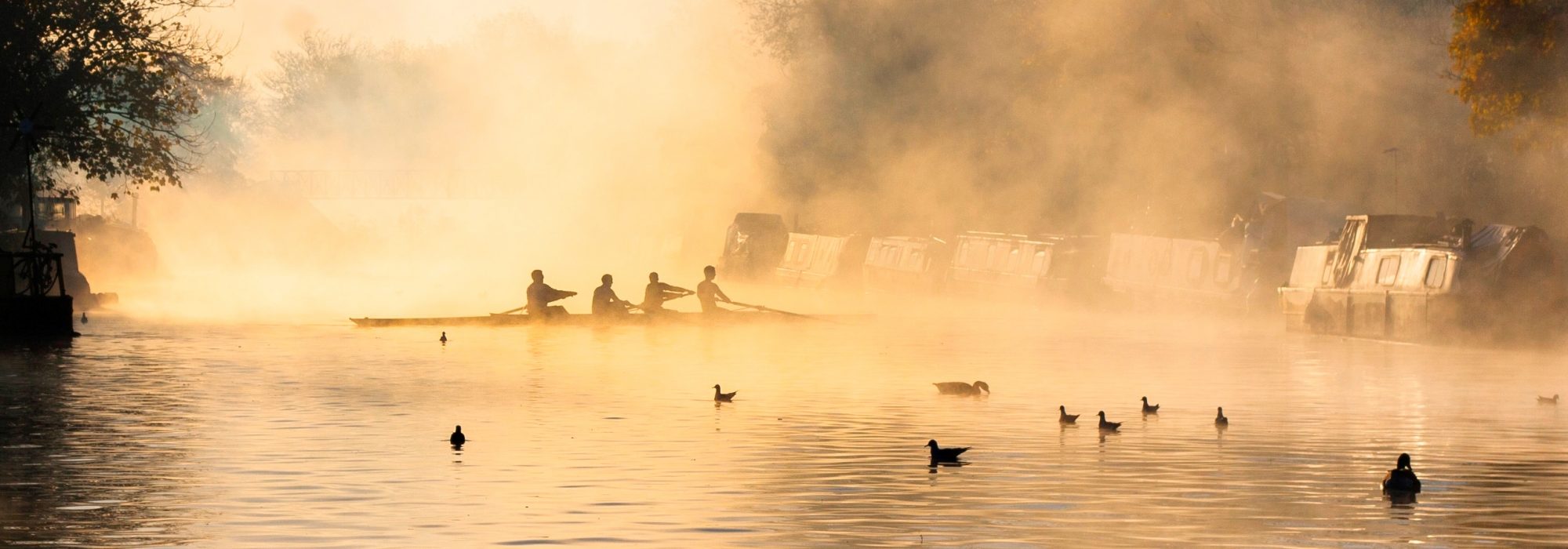Who is behind London Rivers Week?
London Rivers Week is a week-long annual campaign inspiring the public to celebrate all of London’s rivers and the many projects taking place to rewild and renaturalise them and to connect them with their local communities.
 London Rivers Week encourages dialogue about London’s network of rivers and how we all have a role to play in making their future a healthy one. The week is set up to celebrate successful river restoration projects, educate people about the challenges faced by urban rivers, communicate unique facts about London’s network of rivers, and inspire action.
London Rivers Week encourages dialogue about London’s network of rivers and how we all have a role to play in making their future a healthy one. The week is set up to celebrate successful river restoration projects, educate people about the challenges faced by urban rivers, communicate unique facts about London’s network of rivers, and inspire action.
The campaign was launched in June 2016 by the London Rivers Restoration Group on behalf of the Catchment Partnerships in London (CPiL) to highlight river restorations. A total of 23.5km (14.6 miles) of rivers have been restored between 2008 and the end of 2017.
In the first two years, about 1,200 people attended 68 events – walks, talks, seminars, showcases exploring rivers and their wildlife, clean-ups and even planting reedbeds. These were put on by organisations including Thames21, the Thames Estuary Partnership, London Wildlife Trust, the South East Rivers Trust and the Environment Agency.
Partner organisations also put together 24 case studies about restoration projects, highlighting places that have been restored or rewilded. These are places you can largely explore at any time of year.
Examples range from taking rivers out of concrete channels, to bringing them above ground (daylighting), or creating or restoring wetlands.
About the London Rivers Restoration Group
The purpose of the London Rivers Restoration Group, a sub-group of CPiL, is to promote and report on the delivery of river restoration and enhancement projects in support of the Catchment-based Approach to delivering Water Framework Directive objectives across London.
Its specific objective is to achieve the following aspirations set out in the London Rivers Action Plan (LRAP):
- Improve flood management using more natural processes
- Reduce the likely negative impacts of climate change
- Reconnect people to the natural environment through urban regeneration
- Gain better access for recreation and improved well-being
- Enhance habitats for wildlife
The London Rivers Restoration Group includes the Environment Agency, Thames21, the Greater London Authority, the South East Rivers Trust, London Wildlife Trust, ZSL, the Thames Estuary Partnership, CPRE London and Thames Water.
About the Catchment Partnerships in London (CPiL) Group
The purpose of CPiL is to support 12 different Catchment Partnerships within Greater London to share lessons, experiences, best practice and to help achieve a coordinated approach to delivering the objectives of the Water Framework Directive.
CPiL is not a Steering Group for the Catchment Partnerships; instead it supports and facilitates shared action, decision making and communication for the Catchment-based Approach in London.
Catchment Partnerships are groups of organisations working in different geographical locations to improve water quality.
Participating Partnerships:
- The Brent Catchment Partnership
- River Colne Catchment Action Network
- The Crane Valley Partnership
- Cray & Darent Catchment Improvement Group
- The Hogsmill Catchment Partnership
- The Beverley Brook Catchment Partnership
- Ravensbourne Catchment Improvement Group
- Roding Beam & Ingrebourne Catchment Partnership
- Thamesmead & Marsh Dykes Catchment Group
- The London Lee Catchment Partnership
- Thamesmead & Marsh Dykes Catchment Group
- The Lower Thames (Maidenhead to Teddington) Catchment Partnership
- The Wandle Catchment Partnership
- Your Tidal Thames Catchment Partnership
Participating Organisations:
- Environment Agency
- Greater London Authority
- Groundwork
- London Wildlife Trust
- NW Kent Countryside Partnership
- The Rivers Trust
- South East Rivers Trust
- Thames21
- Thames Chase
- Thames Estuary Partnership
- Thames Landscape Strategy
- Thames Strategy Kew to Chelsea
- Zoological Society of London
About the Water Framework Directive
Catchment Partnerships came about in response to the 2000 European Union Water Framework Directive, which legally obliges all member states to achieve good ecological and chemical status of all their water bodies.
Click here for more information about the EU Water Framework Directive: http://ec.europa.eu/environment/water/water-framework/index_en.html
